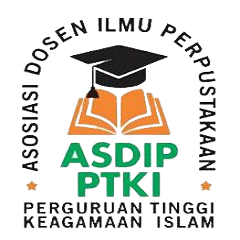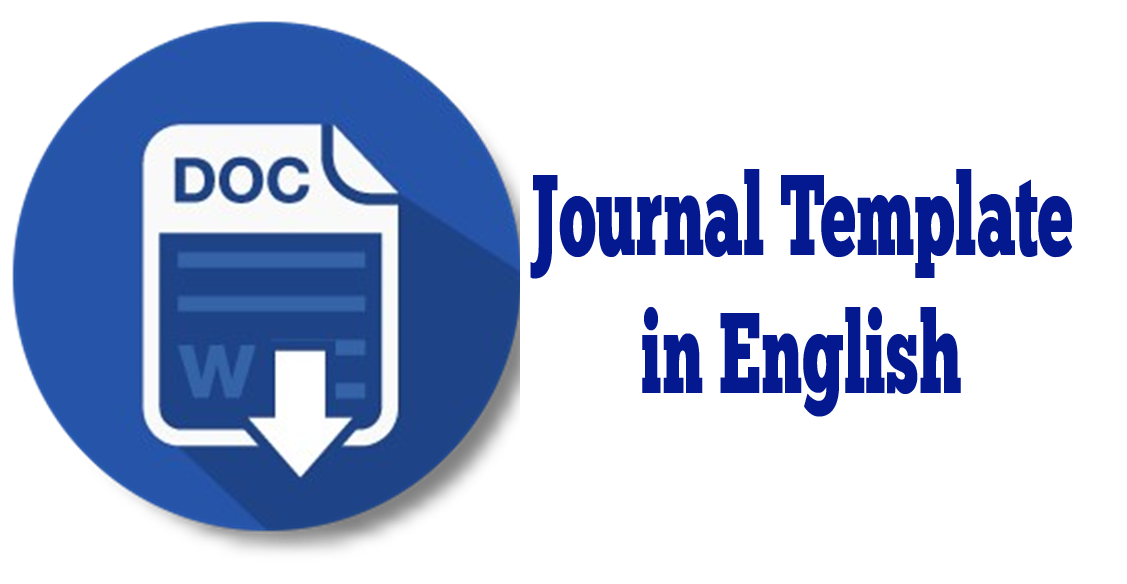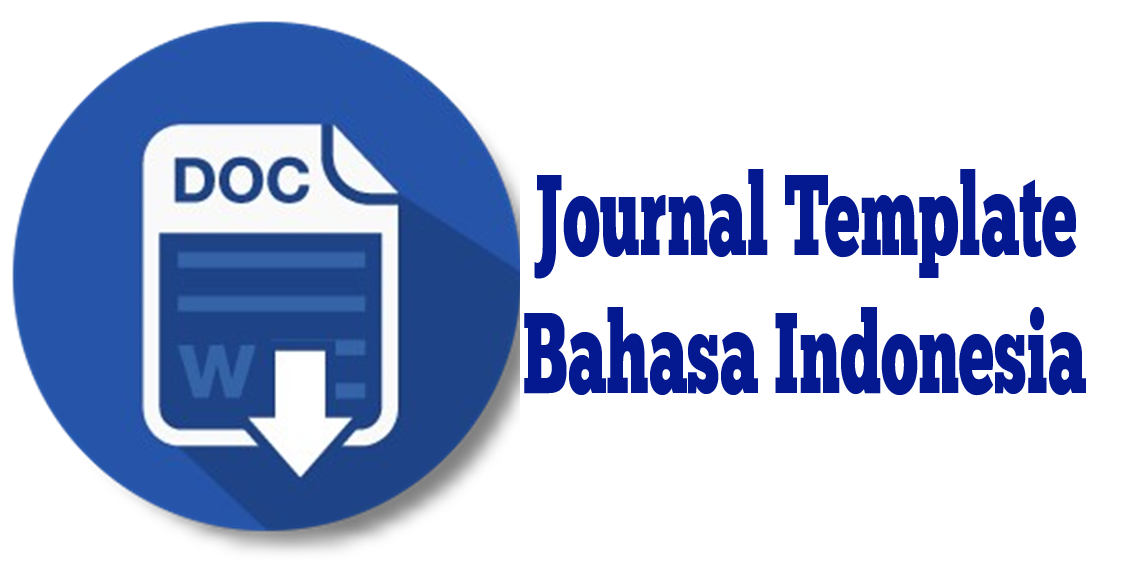Information Product Analysis as An Effort to Improve The Library's Recreational Function
Abstract
The recreational function in libraries refers to the role that libraries play in providing recreational activities and resources for the community. Although libraries are traditionally associated with the storage and dissemination of knowledge, they also serve as important community centers that offer a range of recreational and entertainment services. The objectives of this study are to: (1) find out the types of information products that can be used to improve the recreational function of the library; (2) find out the user specifications of information products as an effort to improve the recreational function of the library; (3) find out the application areas of information products as an effort to improve the recreational function of the library. The research stages to be carried out are the preparation stage in the form of data collection through surveys and library data, the data processing stage, the data analysis stage, and the preparation of the final report. This research highlights the importance of diversifying library collections. A diverse collection can attract different types of patrons and better meet their recreational needs. This includes fiction, non-fiction books, multimedia, and digital resources. Additional services and facilities are needed. In addition to a diverse collection, research also shows that additional services and facilities, such as comfortable reading rooms, children's play areas, and recreational event programs, can enhance the appeal of libraries as recreational venues.
Keywords
Full Text:
PDFReferences
Abriani, N., Anggorowati, A., & Wardani, N. P. (2018). Tata Kelola Arsip Kantor Desa di Wilayah Kecamatan Sumbang Kabupaten Banyumas dalam Mewujudkan Tertib Arsip Desa. Khazanah: Jurnal Pengembangan Kearsipan, 11(1), 13–25. https://doi.org/10.22146/khazanah.41536
Amsyah, Z. (2005). Manajemen Kearsipan. Gramedia Pustaka.
Fauziyah, L. G. (2019). Pengelolaan Arsip Desa Di Desa Lumbung Kecamatan Lumbung Kabupaten Ciamis. Dinamika: Jurnal Ilmiah Ilmu Administrasi Negara, 6(2), 117–124. https://jurnal.unigal.ac.id/index.php/dinamika/article/view/2282/2034
Husnita, T.J. & Kesuma, M. E. (2020). Pengelolaan arsip sebagai sumber informasi bagi suatu organisasi melalui arsip manual dan arsip digital. Jurnal El Pustaka, 1(2), 27-41. DOI: 10.24042/el pustaka.v1i2.8503
Moleong, L. J. (2004). Metode Kualitatif. Remaja Rosdakarya.
Nuraida, I. (2012). Manajemen Administrasi Perkantoran. Kanisius.
Peraturan Pemerintah No. 72 tahun 2005 tentang Pemerintahan Desa.
Samsiyah, S., Dewi, S., Herwati, D., & Hermawati, Y. (2018). Pengelolaan Arsip Desa Untuk Membangun Good Governence Di Lingkup Kelurahan Serua, Kecamatan Ciputat, Tangerang Selatan. Seminar Nasional Pengabdian Kepada Masyarakat 2018.
Shariasih, E. 2012. Pelestarian dan Perawatan Arsip Media Baru. Bahan Pendidikan dan Latihan Arsiparis Tingkat Ahli, 2 April 2012.
Sugiarto, A., & Wahyono, T. (2005). Manajemen Kearsipan. Gava Media.
Sugiyono. (2010). Metode Penelitian Kualitatif, Kuantitatif & RND. Alfabeta.
Suliyati, T. (2020). Pengelolaan Arsip Desa Kabupaten Rembang dalam Menunjang Pemerintahan Desa. Anuva: Jurnal Kajian Budaya, Perpustakaan, Dan Informasi, 4(4), 493–507. http://ejournal.undip.ac.id/index.php/anuva
DOI: http://dx.doi.org/10.29240/tik.v8i1.9882
Refbacks
- There are currently no refbacks.
Copyright (c) 2024 Merryam Agustine

This work is licensed under a Creative Commons Attribution-NonCommercial-ShareAlike 4.0 International License.
TIK Ilmeu indexed by:
 This work is licensed under a Creative Commons Attribution-NonCommercial-ShareAlike 4.0 International License.
This work is licensed under a Creative Commons Attribution-NonCommercial-ShareAlike 4.0 International License.















